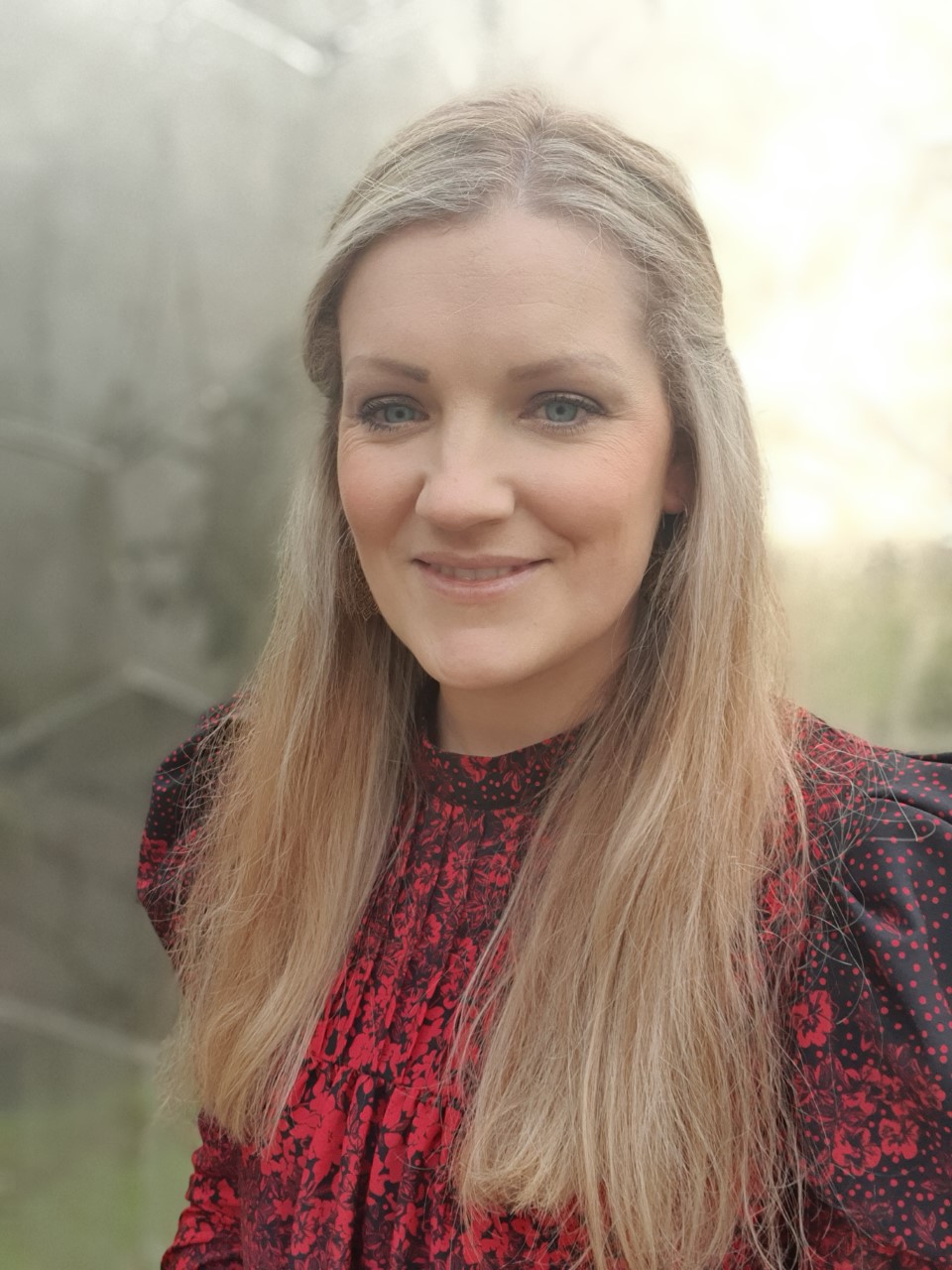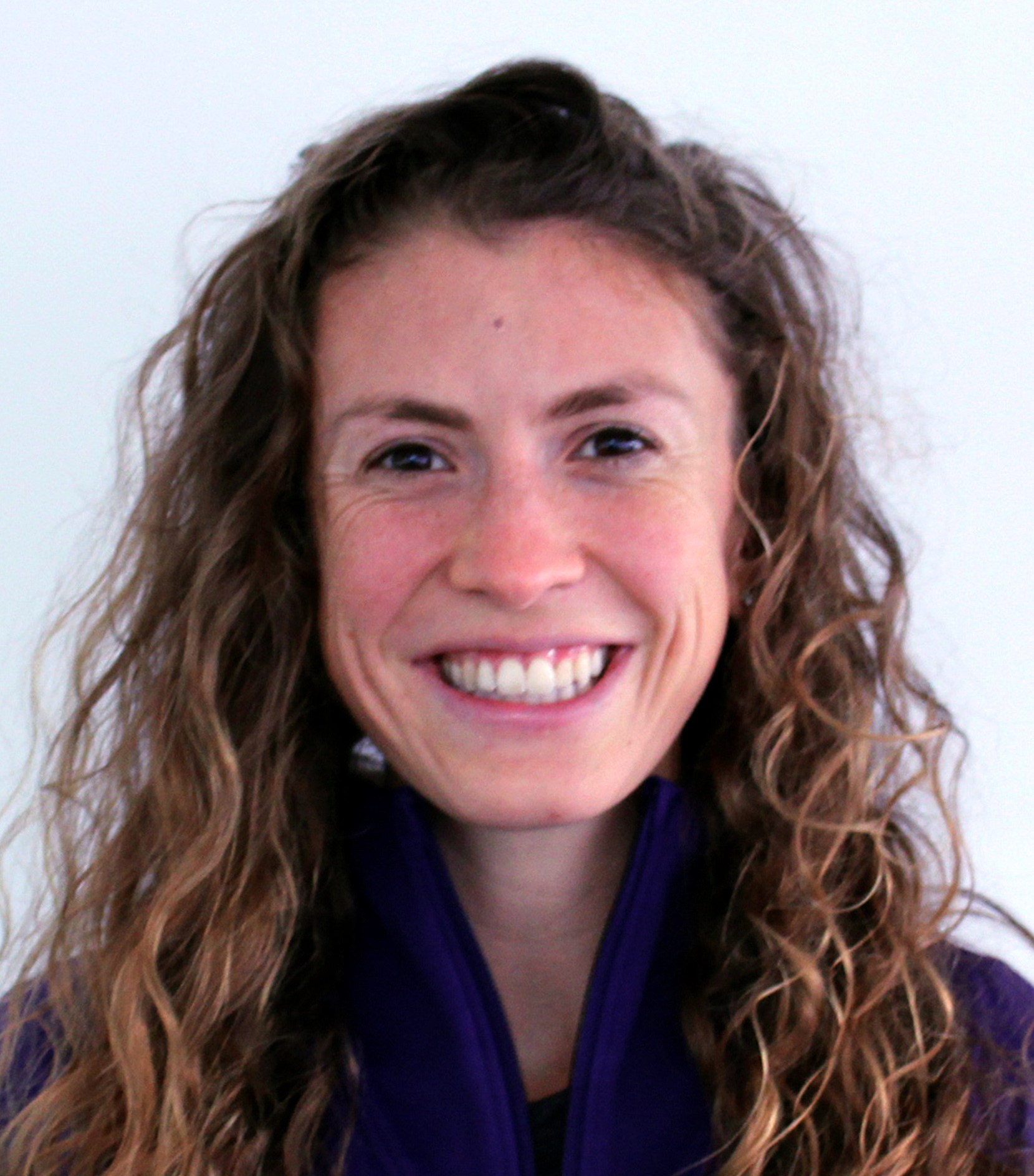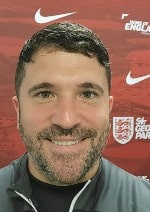
Cheri Blauwet
Director, Kelley Adaptive Sports Research Institute BWH Distinguished Chair in Physical Medicine and Rehabilitation Associate Professor, Harvard Medical School
Dr. Cheri Blauwet is a specialist in sports medicine with specific interest in caring for the masters athlete and the female athlete, from recreational to elite. She brings expertise in non-operative management of sports injuries with emphasis on conservative techniques, as well as sports injury prevention. She is an expert in the use of musculoskeletal ultrasound for the diagnosis and treatment of sports-related conditions. A graduate of the Stanford University School of Medicine, Dr. Blauwet completed her residency at Spaulding Rehabilitation Hospital/Harvard Medical School, where she served as Chief Resident, followed by a sports medicine fellowship at the Rehabilitation Institute of Chicago.
Dr. Blauwet is a former elite Paralympic athlete, having competed in three Paralympic Games and bringing home a total of 7 medals. She is a two-time winner of the wheelchair division of the Boston Marathon (2004, 2005). Translating her background as an athlete into current leadership opportunities, she now serves on the Board of Directors of the Boston Athletic Association as well as the United States Olympic Committee. As the Director of the Kelley Adaptive Sports Research Institute, she is actively involved in research focused on understanding the impact of community-based adaptive sports, as well as injury prevention in the elite Paralympic athlete.

Gráinne Donnelly
Advanced Physiotherapist in Pelvic Health in Private Practice, N. Ireland and Doctoral Researcher at Cardiff Metropolitan University
Gráinne Donnelly [BSc(Hons) MSc] is an Advanced Practice Physiotherapist in pelvic health, a Doctoral Research student, international educator and the Editor of the Journal of Pelvic Obstetric and Gynaecological Physiotherapy. Her research focuses on postpartum physical activity and return to sport and her doctoral studies aim to investigate the impact of compression garments and education on returning to running postpartum.

Jason Gill
Professor of Cardiometabolic Health in the Institute of Cardiovascular and Medical Sciences at the University of Glasgow
Jason Gill is Professor of Cardiometabolic Health in the Institute of Cardiovascular and Medical Sciences at the University of Glasgow. He leads an active multi-disciplinary research group investigating the prevention and management of vascular and metabolic diseases and has published more than 200 peer-reviewed papers on these topics. This work includes studies into the epidemiology of lifestyle-related factors (principally physical activity, diet and sleep) and cardiometabolic disease risk, particularly why certain population groups appear to have increased susceptibility to the adverse effects of an ‘unhealthy’ lifestyle; lifestyle interventions for the prevention and management of cardiometabolic disease; and investigations into the mechanisms by which diet and exercise regulate insulin sensitivity and lipoprotein metabolism. In recent years, he has become increasingly focused on collaborative projects involving biological and medical scientists working together with social scientists and external stakeholders to develop realistic and sustainable lifestyle interventions for the primary and secondary prevention of chronic diseases. Jason has contributed to the UK Physical Activity guidelines, NICE guidelines for prevention of type 2 diabetes, and SIGN guidelines for obesity and cardiovascular disease. He is chair of the Diabetes UK Research Strategy Group for Prevention and Management of Type 2 diabetes, and an editor at several journals including the British Journal of Sports Medicine and the Journal of Sports Sciences. He is also a Fellow of BASES and the Royal College of Physicians of Edinburgh. In addition, he is Director of the MSc in Sport and Exercise Science & Medicine at the University of Glasgow and plays an active role in communicating science related to physical activity, diet and obesity to the widest possible audience including a number of appearances on TV documentaries.

Jenna Schulz
Physiotherapist, Postdoctoral Fellow, Return to Health & Performance Lab, Fowler Kennedy Sport Medicine Clinic, Western University, Canada
Jenna is a practising physiotherapist and postdoctoral fellow at Fowler-Kennedy Sport Medicine Clinic, specialising in sport and pelvic health. She just completed one year as the first combined Sport PT and Postdoctoral Fellowship, where she was the lead physiotherapist for 5 varsity endurance teams at Western, while conducting research. As a former varsity cross-country and track and field athlete at Western, Jenna has a special interest in endurance athletes and female athletes, and her research focuses on postpartum return to sport and relative energy deficiency in sport. Jenna is also a part-time instructor in the School of Kinesiology.
Jo Kemp
Speaker bio coming soon.

Lucianne Olewinski
Associate Professor, The University of Tennessee
Lucianne is a primary care sports medicine doctor offering full scope primary care as well as all non-surgical sports medicine care. Athletes have many non-surgical health issues and injuries, like concussions, tendinopathies, joint pain, stress fractures, shortness of breath, fatigue, declining performance, insomnia, mental health, menstrual issues and contraceptive care. Many people who don’t think of themselves as athletes also need care for these health issues! Lucianne offers gender affirming hormone therapy for transgender and non-binary patients.

Marcella Pazzinatto
Research Fellow, La Trobe Sport and Exercise Medicine Research Centre
Marcella Pazzinatto is a postdoctoral research fellow at the La Trobe Sport and Exercise Medicine Research Centre (LASEM) and Manager of the GLA:D® (Good Life with osteoarthritis – from Denmark) Australia program. Marcella Pazzinatto research includes pain mechanisms, biomechanical, clinical, and psychological aspects in people with musculoskeletal pain.
As manager of the GLA:D® Australia research program, Marcella Pazzinatto provides direct support to trained clinicians and participants with knee and hip osteoarthritis from all states and territories of Australia.
Nicole Surdyka
Speaker bio coming soon.

Nonhlanhla Mkumbuzi
Founder and Executive Director, Ntombi Sport; South Africa
Nonhlanhla Mkumbuzi is a sports physiotherapist and has a Ph.D. in Exercise Science. In her clinical career, she has served Zimbabwe’s national men’s, women’s and youth rugby, netball, football and Olympic teams. Currently, she splits her time between research and consultancy work. Her research work is in African female athletes on all things female, and includes the biology and socio-cultural aspects of the menstrual cycle, and injury epidemiology in African women football players. Additionally, she is the founder and Executive Director at Ntombi Sport where she consults on African women and girls in sport on how race, gender, culture, economics and environment intersect in athletic performance and injury rehabilitation.

Osman Ahmed
Physiotherapist at University Hospitals Dorset NHS Foundation Trust & Physiotherapy Lead and Classification Lead for Para Football at the Football Association
Dr Osman Ahmed trained as a Physiotherapist at the University of Nottingham (England), before undertaking his Postgraduate Diploma in Sports Physiotherapy and subsequently his PhD at the University of Otago (New Zealand) on concussion in sport. He has both published and presented widely on concussion in sport, holds several governance roles within Para Sports federations, and is a co-Chair of the Concussion in Para Sport Group. Osman holds Associate Editor positions at the British Journal of Sports Medicine and at BMJ Open Sport & Exercise Medicine, and sits on the Institutional Ethics committee of World Rugby as an external member.
Dr Osman’s session will highlight several key athlete populations who have additional considerations relating to concussion management, and how Physiotherapists can factor this into the care they provide for them. The work of the Concussion in Para Sport group will be summarised, including key management strategies for when working with Para athletes. Existing concussion research relating to other marginalised communities (including racial disparities) will be shared, along with practical suggestions of how Physiotherapists can aim to provide optimal concussion care for all our athletes.

Vincent Gouttebarge
Chief Medical Officer, FIFPRO
Vincent is a former professional footballer who played 14 seasons in France and The Netherlands. Currently, I am Extraordinary Professor at the Section Sports Medicine of the University of Pretoria, staff member at the Orthopaedic Surgery and Sports Medicine department of the Amsterdam University Medical Centers, and Chief Medical Officer at FIFPRO (Football Players Worldwide). His work focuses on a wide range of sports medicine domains being relevant in professional sports (emphasis on football), striving to protect and promote the physical, mental and social health of active and former professional athletes. He is the Chair of the International Olympic Committee (IOC) Mental Health Working Group, co-Director of the IOC Programs on Mental Health in Elite Sport, member of the Medical Committee of the Confédération de Football Africaine (CAF), member of the Concussion Expert Group of the International Football Association Board (The IFAB), member of the Medical Expert Group of the French Professional Football League (LFP), member of the Concussion in Para Sport (CIPS) group, and member of the South African Sports Medicine Association (SASMA). He is also a member of the Editorial Board of the South African Journal of Sports Medicine.



